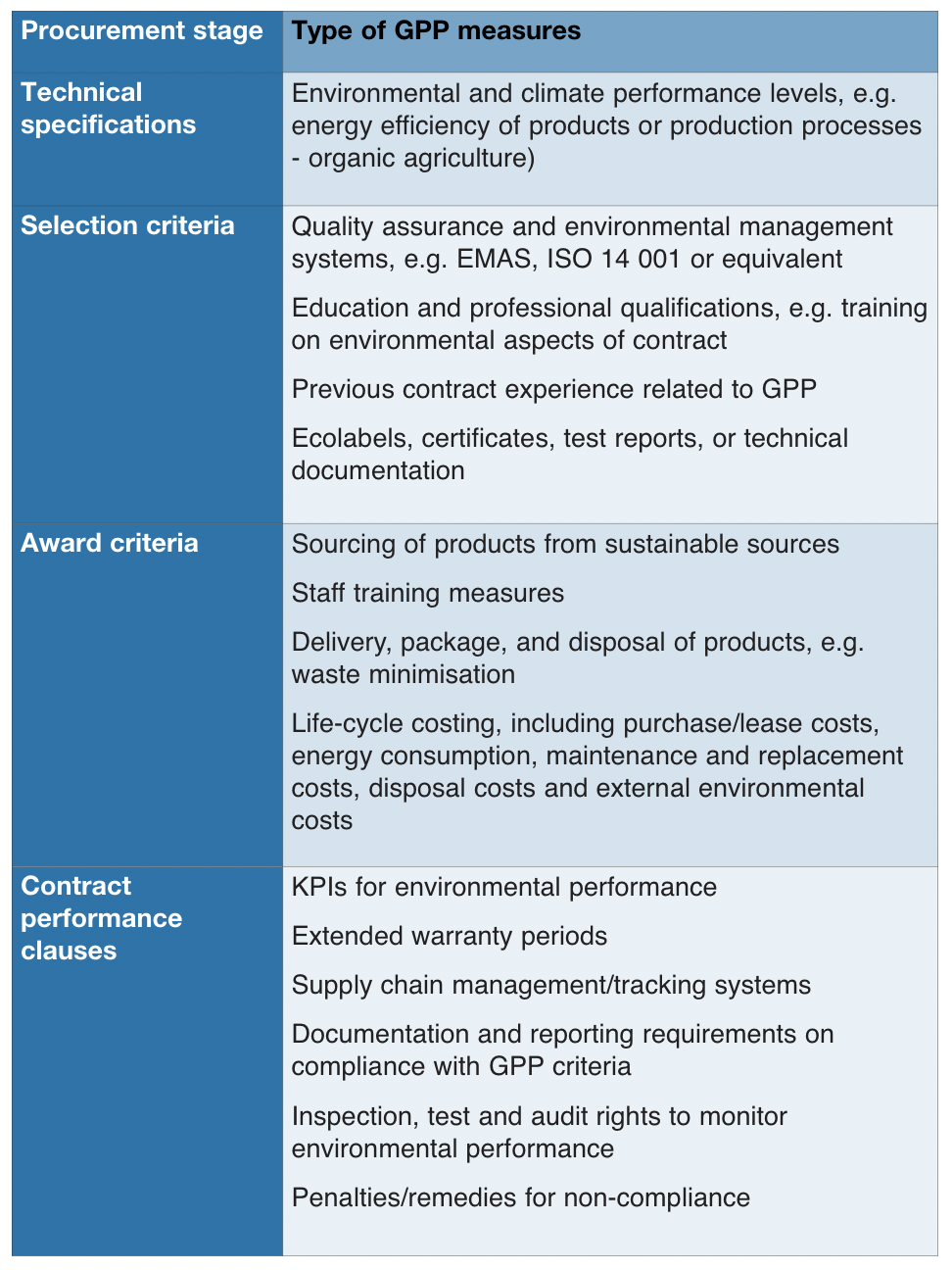Examining the Green Procurement Strategy and Action Plan

The Department of the Environment, Climate and Communications (DECC) has published its Green Public Procurement Strategy and Action Plan 2024-2027 (Action Plan). Dorit McCann of Mason Hayes & Curran analyses what this will mean for procurements going forward.
Green public procurement (GPP) seeks to procure goods, services and works with a reduced environmental impact throughout their life cycle compared to goods, services and works with the same primary function but with a higher environmental impact. Initiatives in Ireland to date to encourage the use of GPP include:
- The Programme for Government which mandates the inclusion of green criteria for all procurements using public funds within 36 months, i.e. by 2023;
- Circular 20/2019 which promotes the use of environmental and social considerations in public procurement;
- The Environmental Protection Agency’s Guidance for the Public Sector which provides guidance on how to implement GPP; and
- The Office of Government Procurement’s GPP Criteria Search which enables authorities to find and generate criteria relevant to specific procurements.
Despite these initiatives, the EPA reports that only 24 per cent of government department contracts in 2021 used environmental criteria.
GPP Strategy and Action Plan 2024-2027
The Action Plan contains a commitment to the overall target that all public bodies must include GPP criteria in all tender competitions using public funds, where possible. The Action Plan includes three key principles which contracting authorities must adhere to:
- Consider environment sustainability when assessing need: Avoiding unnecessary purchases and rethinking how demand can be met, e.g. reusing, recycling, resource sharing;
- Use GPP criteria in tender documents where available, appropriate, and proportionate: Use of national or EU GPP criteria or criteria based on best practice from other countries or, where no criteria available, use of specific minimum sustainability and environmental criteria; and
- Comply or explain: If GPP criteria are not used, justified reasons for the decision must be provided in an annual report.
Legal requirements
When considering whether GPP criteria are appropriate for the contract being procured, contracting authorities must be mindful of their obligations under the EU directives and the EU principles of equal treatment, non-discrimination, transparency, proportionality, and mutual recognition. The EU directives permit the inclusion of environmental considerations into the procurement documents but set out a number of important principles:
- Technical specifications: They must afford equal access and should not have the effect of creating unjustified obstacles to competition. For example, reference should not be made to a specific make or a particular process which can only be provided by one company unless there are exceptional circumstances;
- Selection criteria: Bidders can be assessed on their experience and capacity to deliver environmental aspects of a contract. Selection criteria must be related and proportionate to the subject matter of the contract;
- Award criteria: These must be linked to the subject-matter of the contract. This means that they must relate to the works, supplies or services being procured in any respect and at any stage of their life cycle, from extraction of raw materials for the product to the stage of disposal. For example, that the manufacturing process did not involve toxic chemicals, or the services are provided using energy-efficient machines. Criteria relating to general corporate environmental policies are not permitted. Contracting authorities must also be able to verify effectively whether submitted tenders meet the award criteria which have been set; and
- Contract performance clauses: Contracting authorities can include a broad range of performance clauses in the contract, including environmental considerations. Like award criteria, these clauses must be linked to the subject matter of the contract and set out in the procurement documents.
Use of labels or certificates
Labels or certificates can be used to define technical specifications, award criteria, contract performance clauses, or to verify compliance with criteria.
Contracting authorities can refer to particular eco-labels provided that the requirements for the label are linked to the subject-matter of the contract and drawn up on the basis of objectively verifiable and non-discriminatory criteria by an independent third party. The labels must also have been established in an open and transparent procedure and be accessible to all interested parties.
Where reference is made to a particular label, certificate or standard, equivalent evidence must also be accepted. In certain circumstances, contracting authorities must also accept other appropriate means of proof where a bidder has no possibility of obtaining the specific label or certificate within the relevant time limit.

Looking forward
With increased scrutiny on environmental issues, GPP will become increasingly important. As a result, contracting authorities will come under more pressure to incorporate GPP criteria into their procurement processes.
The Action Plan will require the use of GPP criteria going forward and provides for onerous monitoring and reporting requirements. Circular 20/2019 will be updated to reflect the GPP obligations in the Action Plan
Public bodies need to be aware of their legal obligations when formulating their criteria and set them out clearly in the procurement documents.
For expert guidance on these matters, contact Dorit McCann or a member of the public procurement team at Mason Hayes & Curran.

T: +353 87 785 0016
E: dmccann@mhc.ie
W: MHC.ie/PublicProcurement





